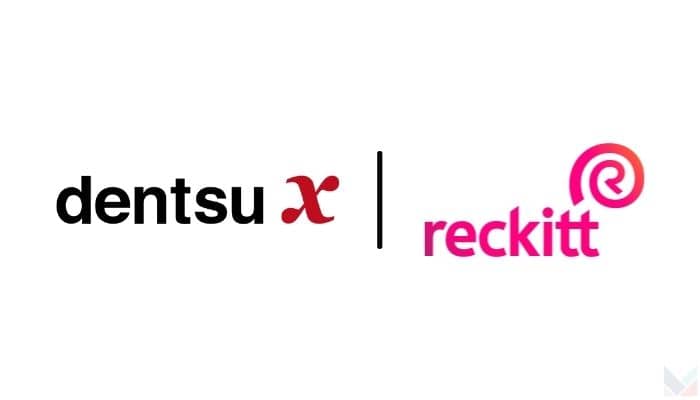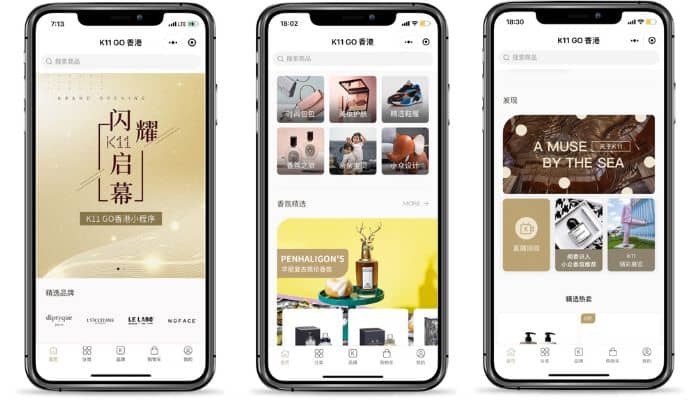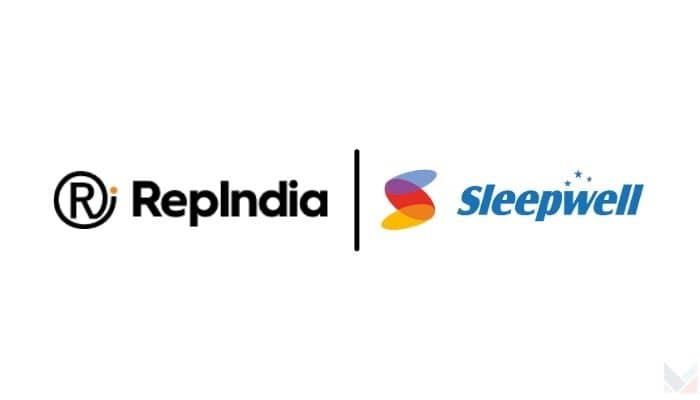Nobody can deny that the pace and degree of digital transformation is accelerating in the wake of the pandemic, creating mounting pressure to meet customers wherever they are. Those who were once never online are now navigating the digital world with a new sense of confidence.
This new world has also brought its fair share of challenges as well. Consumers, for one, are increasingly skeptical when it comes to their privacy and the privacy of their data, in particular. Their expectations of brands are also changing. They want more personalised and relevant experiences. Essentially, if they provide their data, then they expect to benefit from an enhanced experience.
Recently, I had the opportunity to speak at the Digital Leadership Forum (DLF), conducted in partnership with BPP, where we discussed the above digital customer trends in the APAC region. From what today’s consumers want to privacy, cookies and more, this is the information all marketers need as they tiptoe into a future without third-party cookies.
The privacy paradox
Thanks to digital acceleration, consumers are becoming increasingly careful, informed, sophisticated, and demanding in their shopping interactions. At the same time, they’re also far less tolerant of sub-standard shopping experiences, both online and in-store.
Their digital expectations have also risen exponentially, causing brands everywhere to face their biggest challenge yet — balancing customers’ desires for personalised interactions while fiercely protecting customer privacy.
It’s what we’re calling the privacy paradox. Consumers are really skeptical about how brands are using their data. Facebook has only added fuel to the fire with the controversy surrounding it in recent years. At Cheetah Digital, we’re finding more and more consumer sentiment around social channels becoming negative.
In Australia, our 2022 Digital Consumer Trends Index revealed that 63% of consumers do not trust these platforms with their data. Now, of course, that doesn’t mean they’re not using these platforms. They’re just treating them with a healthy dose of skepticism.
For example, when asked, a whopping 86% of consumers said they wanted to see brands spend more on their loyalty offering and less on Facebook advertising. Interestingly, there has also been a large positive sentiment for brands that have pulled ads from Facebook altogether because of concerns about the rise of harmful content. Consumers know the value of their data, as a result, they’re being increasingly protective of it.
When I think of a really tremendous example of digital transformation and acceleration, I think of our customer Purebaby. In a very short period of time, the Australian company underwent an incredible transformation.
Previously, Purebaby relied heavily on brick-and-mortar stores to drive revenue. Its online offering was just a secondary thought. That is until COVID-19 came to be. When it hit, Purebaby rapidly and successfully pivoted, resulting in roughly 90% of its revenue coming in from online sales. It has completely changed the brand’s business and business model forever.
The great thing about this transformation success story is that to bolster its online experience, Purebaby shifted from focusing on purely promotional marketing to building up robust lifecycle programs. To give you some context, Purebaby set up 22 email programs within the space of just 18 months.
The brand did this to ensure the online experience was seamless for its new demanding digital customers. Purebaby provided different touchpoints that were more triggered and personal than ever before. So when you look at how digital acceleration is changing the way consumers engage, it essentially comes down to the fact that they’re becoming more careful, and therefore, require brands to earn their trust.
Beefed up GDPR (General Data Protection Regulation)
Life is about to change big time for APAC marketers. As we all know, the General Data Protection Regulation (GDPR) is a regulation in EU law on data protection and privacy. The model is being adopted for the APAC region as well, leading to the death of the cookie.
This means brands and companies are at risk of facing regulatory penalties and lawsuits if they don’t adhere to the new privacy requirements. Even more, companies can no longer assume that if they cannot identify someone through an IP address that the law won’t apply to them. Because it will. As marketers, we need to be more cautious than ever in our approach to treating unknown users.
The question is, are we ready for this change? According to Forrester, probably not. Its research revealed that 43% of marketers say their current practices rely on third-party cookies. Even more, 59% of marketers in APAC say they only fulfil the minimum requirements to comply with data privacy regulations. That means there is a large portion of people who still don’t feel like they’re meeting minimum requirements.
With customers’ demands going beyond those minimum requirements, how can we make sure that we meet them in a place that keeps them happy and comfortable? Apple CEO Tim Cook said it best — “Technology does not need vast troves of personal data, stitched together across dozens of websites and apps in order to succeed. Advertising existed and thrived for decades without it.”
He continues, “If a business is built on misleading users, on data exploitation, on choices that are no choices at all; it does not deserve our praise. It deserves reform.” Case in point: Business owners and marketers cannot get away with what they’ve done in the past anymore.
Look at Apple’s mail privacy protection functionality that came into play in September last year. The update essentially allows users to turn off their opening tracking, hide IP addresses, and in some cases, hide email addresses. So it’s a lot more difficult to judge how a consumer is interacting with the communication you’ve sent them. This is some of the “fun” that we as marketers have to accept in this new cookie-less world.
As the cookie crumbles
We’ve been discussing the death of the cookie for a long time. Google announced plans to entirely phase out third-party cookies within two years. And although Google’s privacy pivot is a win for privacy-conscious consumers; it’s a headache for marketers and businesses who rely on these third-party cookies to advertise effectively. Next year will be here before we know it; so we need to be ready. We need to find a new way to satisfy our “sweet tooth” because the cookie is truly crumbling.
At Cheetah Digital, our goal is to always get brands to focus on building out a zero-party data strategy. And the reason is simple: this preference data comes directly from the consumer so there are no intermediaries — no guesswork. They’re telling you exactly what their preference is. It’s psychographic data that includes your customers’ values, attitudes, interests, and personality traits.
The only thing to be cognizant of is this will change over time. Unlike first-party data like first and last names and mobile numbers, which remain pretty static, zero-party data relating to attitudes and life stages continually evolves. So you have to keep understanding and collecting.
Cosying up with consumer expectations
We’ve established that consumers have the expectation for brands to know them. But what they’re comfortable with is a different story. Our research shows that most people actually want a consistent experience regardless of whether they interact online or in-store.
Consumers want messages that recognise their shopping history. They want their data to be used in ways that make them feel comfortable and like an individual. So don’t send them irrelevant content or offers based on information they haven’t directly shared with you — that’s considered creepy.
At the end of the day, it’s essentially a value exchange. Our research reveals that 55% of consumers are comfortable with sharing data with brands in exchange for better service. So if you want to know more about the consumer, figure out what you can give them in return for that information. At Cheetah Digital, we find that consumers respond positively to discounts, coupons, loyalty points, and rewards.
Use those aspects to gain additional insight into your consumer, understand your audience better, and then target them, using the data in a way that they find relevant and useful. Also understand that consumers have high expectations for brands. All it takes is one misstep or one bad experience for them to go elsewhere because, with today’s bustling online world, they have more options than ever before right at their fingertips.
For marketers who are struggling to meet the needs of consumers and their various demands, it’s time to update their toolkits to include new strategies and tactics to thrive. They need to market to an individual with authenticity, relevance, and accuracy and that requires an entirely new way of thinking.
Take a look below for five ways to thrive in a world with no third-party cookies.
5 ways to survive a cookie-less future:
1. Stop renting data: Build your own databases through direct-consumer relationships. Have a robust data-collection strategy to support this. And know that the data you need to market to individuals with the right level of relevance and privacy doesn’t come easily. It requires a strategy that incentivises consumers to tell you about themselves willingly, with the permission to use that data.
2. “Know them and show them”: Consumers expect digital interactions that are immediate and highly relevant to them. They have real-time expectations and think you should “know them and show them” how well you understand them. This requires a single view of the customer with preferences and insights that can be used for decisioning in the moment to drive engaging experiences anywhere your customer interacts with you.
3. Devise a loyalty initiative: Not every brand needs a loyalty program. But every brand does have to provide some sort of value exchange. Well-executed interactions across channels help customers feel a connection, and that connection leads to them reciprocating with purchases and eventually, loyalty to your brand.
4. Know the rules of engagement: Consumers expect to engage with you on different devices. In fact, today’s consumers use an average of nearly six touchpoints, with half of them regularly using more than four when engaging with a brand.
5. Create a craving: When customers want to participate in your loyalty program, you need to do more than incentivise transactions. You want to reward them for behaviours as well. Loyalty program management is vital to keep customers coming back for more.
Don’t take my word for it. Market research by Twilio’s Segment reveals that 44% of consumers will likely become repeat buyers and 32% will likely leave a positive review after a personalised shopping experience. There is life after the death of the cookie, and if you’re prepared, it has the potential to be even sweeter.
And talking about a ‘sweet’ success story – check out how Bakers Delight increased its basket size by more than 20% when its ‘Dough Getters’ loyalty program launched in the first half of 2021.
The key takeaway is, when you know individuals and can market to them with personalised experiences that they welcome — not because you snooped on them — magical things happen.

This article was written by Alexandra Smit, digital marketing & automation specialist at Cheetah Digital. Cheetah Digital is a cross-channel customer engagement solution provider that enables marketers to create personalised experiences, cross-channel messaging, and loyalty strategies.












